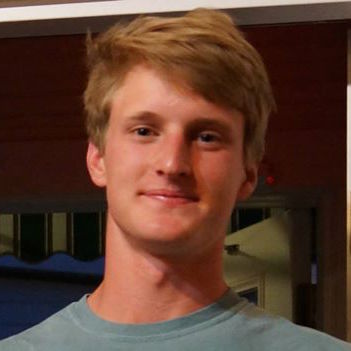The Justice Calling Book Launch with Audio
Book launch as part of Virginia Festival of the Book with authors, Bethany Hanke Hoang and Kristen Deede Johnson. Moderator, UVa Law Professor Barbara Armacost and a panel of community leaders from The Arbor, Abundant Life Ministries, Casa Alma, The Haven, and IMPACT Cville. What a great night! Listen to the talk here.
Between my rock and a hard place | Reflections by Fellow Elena Alba '16
Elena Alba, Fellow '16, shares on finding faith and gratitude amidst discontent at UVa.
Justice, Beauty, and Habits of Waiting | Christen Borgman Yates
"Can Waiting itself be an Act?" A review of The Justice Calling: Where Passion meets Perseverance
On New Year’s Resolutions by Fellow Abby Deatherage '16
Fellow Abby Deatherage on New Years resolutions.
Beat the Rush: Knowing the Love & Light of God by Miska Collier
Beat the Rush talk with Miska Collier.














